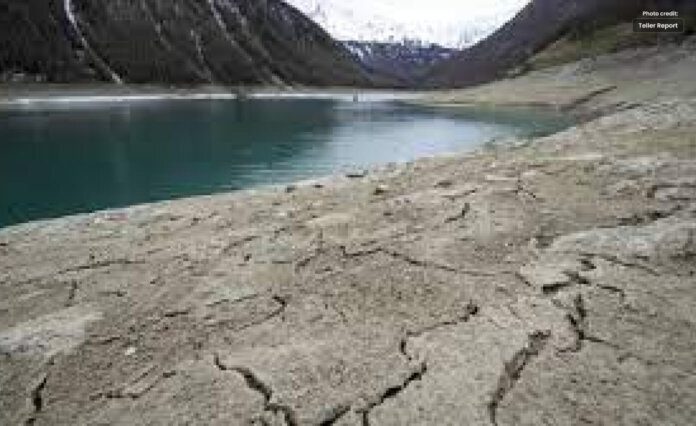The world’s major reservoirs and lakes shrink due to climate change.
According to a research released on Thursday, concerns regarding water for agriculture, hydropower, and human use are growing primarily as a result of climate change.
A study conducted by a group of worldwide academics, the world’s most significant freshwater sources, including the Lake Titicaca in South America and the Caspian Sea between Europe and Asia, have been losing water at a cumulative rate of roughly 23 gigatons per year for almost three decades. That is around 17 times the size of Lake Mead, the biggest reservoir in the US.
They discovered that 53% of lakes showed a drop from 1992 to 2020 due to unsustainable human usage, changes in rainfall and drainage, sedimentation, and increasing temperatures.
A dwindling lake basin directly affects over 2 billion people, and recent shortages have felt in many areas.
The study discovered significant water loss even in humid places, contrary to the common belief of climate experts that wet areas will become wetter and the world’s desert parts will become drier as a result of climate change. This must not be disregarded, Yao said.
With the help of climate and hydrological models, satellite observations, and approximately 2,000 big lakes, researchers evaluated them.
To avoid the most severe effects of climate change, scientists and activists have long argued that global warming must have limited to 1.5 degrees Celsius (2.7 degrees Fahrenheit). Currently, the earth is warming at a rate of about 1.1C (1.9F).




